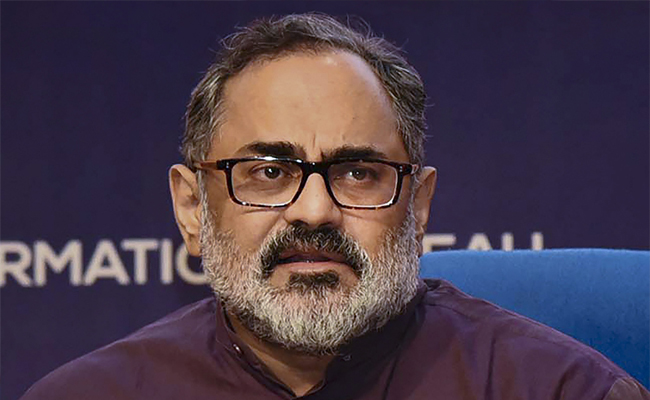Chandigarh, Jun 13: Former Indian women volleyball team captain Nirmal Kaur, who is the wife of sprint legend Milkha Singh, died at a Mohali hospital due to complications related to COVID-19 infection she had contracted last month.
She was 85 and is survived by his husband, one son and three daughters.
"We are deeply saddened to inform you that Mrs Nirmal Milkha Singh passed away after a valiant battle against COVID at 4 PM today," a statement from the spokesperson of the Milkha family said.
"A back bone of the Milkha Family, she was 85 years old. It is tragic that the Flying Sikh Milkha Singh ji could not attend the cremation which was conducted this evening itself as he is still in the ICU (of PGIMER in Chandigarh) himself."
Nirmal was brought to Fortis Hospital at Mohali on May 26, two days after Milkha was admitted to the same facility due to COVID-pneumonia.
Milkha was discharged on the request of the family a week later but Nirmal remained at the hospital, batting the dreaded infection. Milkha was later admitted to the Intensive Care Unit (ICU) of PGIMER here and he is currently "stable and continues to improve".
A former Director of Sports for Women in the Punjab Government and ex captain of the Indian national volleyball team, Nirmal had fought a valiant battle till the very end, the family spokesperson said.
"The family has expressed its grateful thanks to everyone for their solidarity and prayers right through the battle which gave them the strength to face it bravely."
Let the Truth be known. If you read VB and like VB, please be a VB Supporter and Help us deliver the Truth to one and all.
Abu Dhabi: Days after air operations were disrupted due to airspace closure, Etihad Airways reportedly resumed limited operations on Monday, with eight passenger flights taking off from Abu Dhabi International Airport at 2:00 pm (GMT 11:00), according to global flight tracking service Flightradar24.
ALSO READ: Iran claims missile strike targeted Netanyahu’s office; says his fate ‘unclear’
Flight tracking data showed that a total of eight passenger services departed from Abu Dhabi after 2:00 pm local time. Of these, one flight was bound for Delhi and another for Mumbai. The remaining flights were reported to have resumed operations to their respective destinations.
Air traffic in the region had been disrupted following rising tensions in the Middle East after a joint US-Israeli attack on Iran.
8 passenger flights have been able to take off from Abu Dhabi since 14:00 local time. pic.twitter.com/4eYs3ReJaJ
— Flightradar24 (@flightradar24) March 2, 2026





